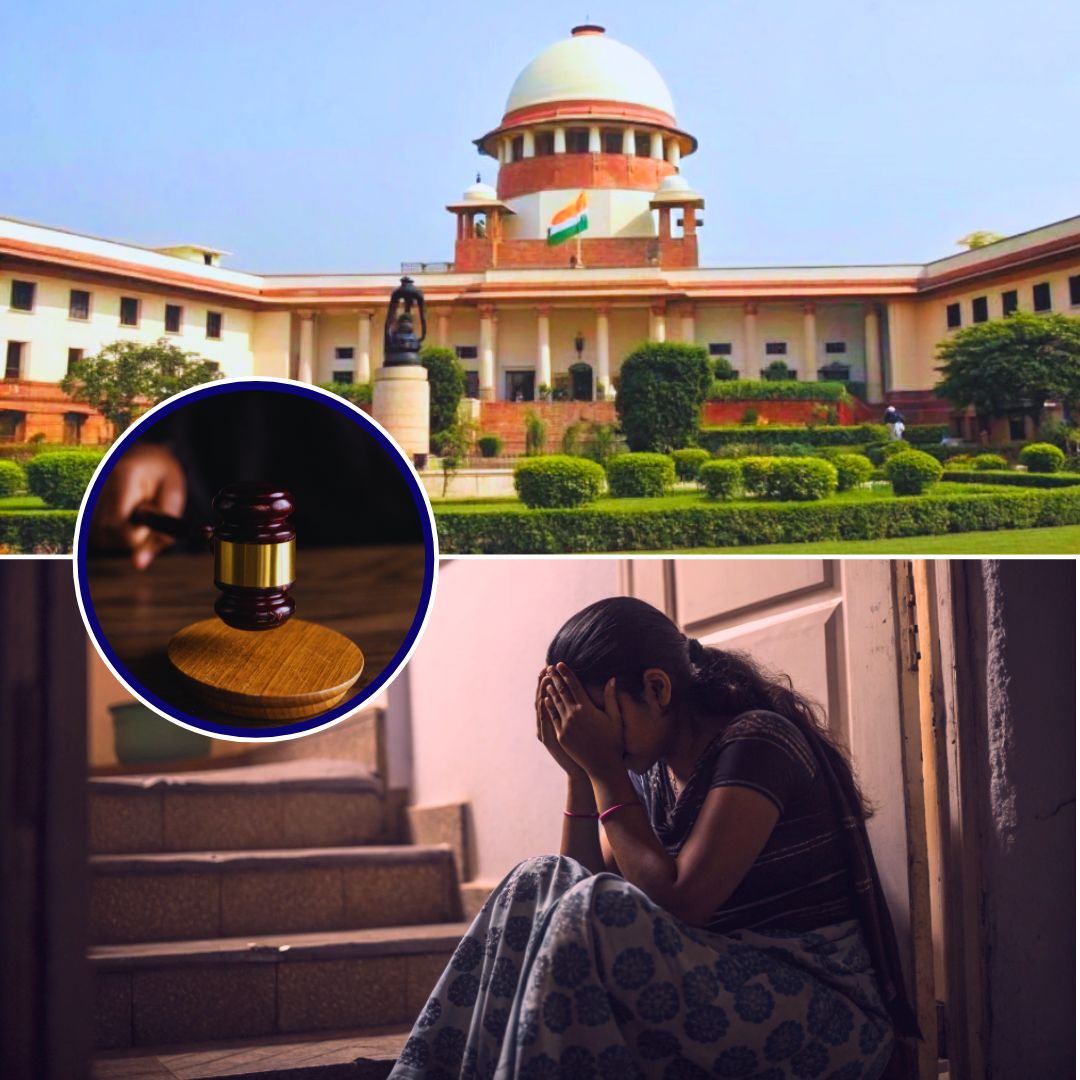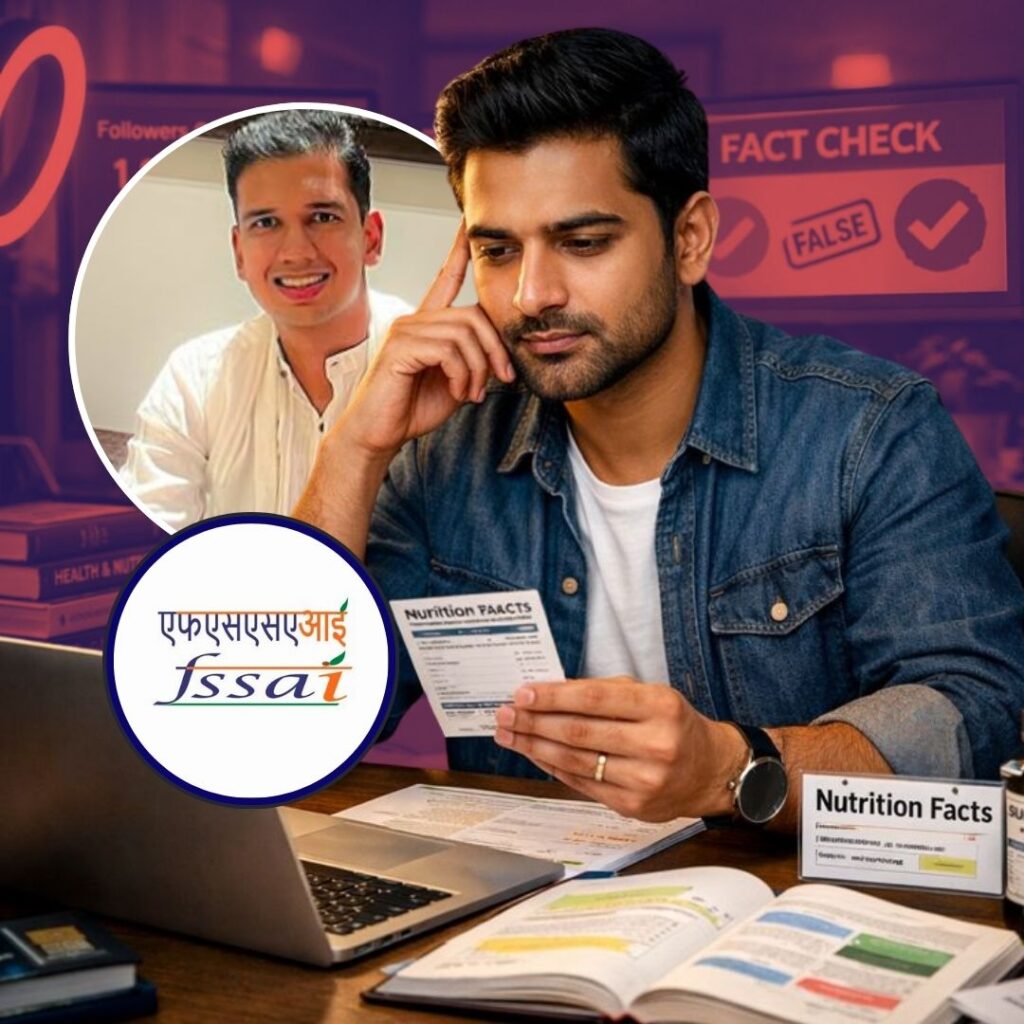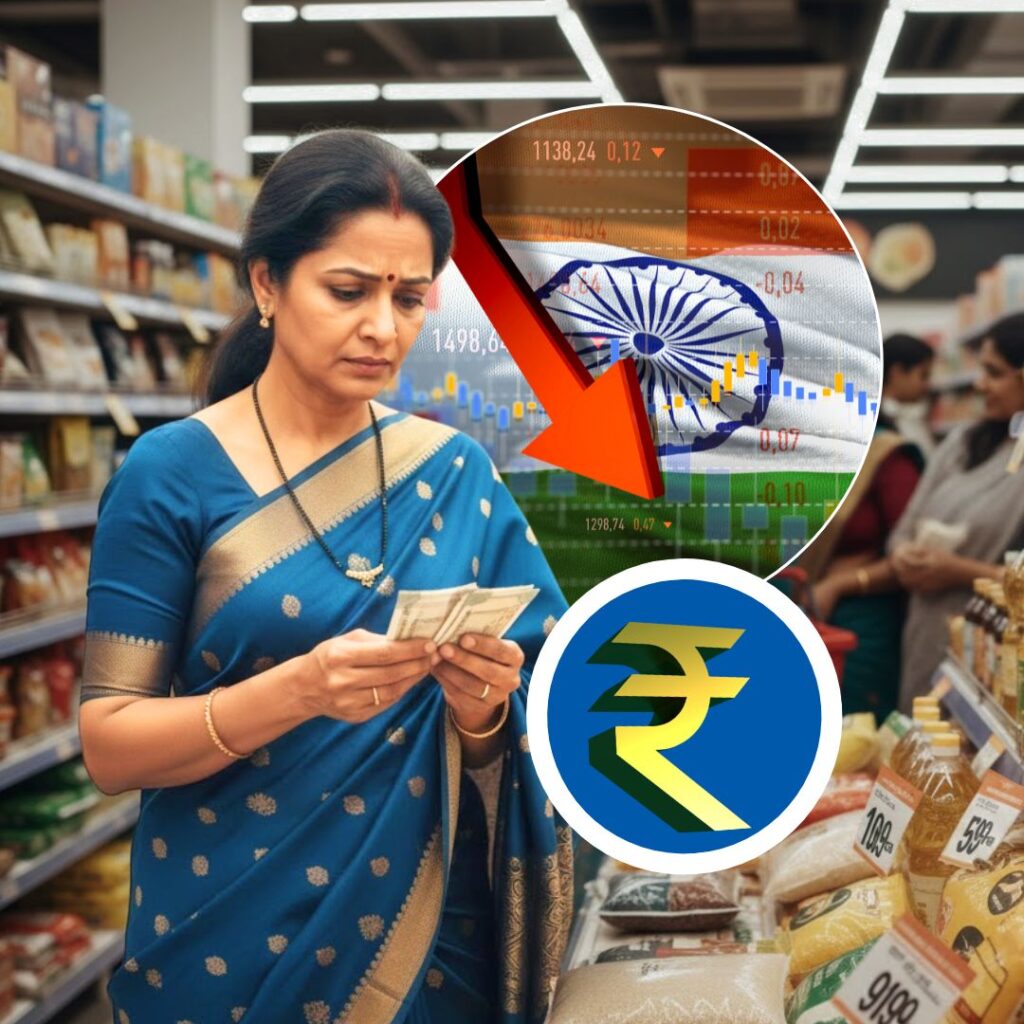On July 22, 2025, the Supreme Court of India reinstated the Allahabad High Court directives that prohibit immediate arrests in matrimonial cruelty cases filed under Section 498A of the Indian Penal Code (IPC) for the first two months after an FIR is lodged.
The ruling, delivered in the high-profile matrimonial dispute involving IPS officer Shivangi Bansal and her estranged husband, struck a delicate balance between safeguarding women from cruelty and preventing the misuse of laws intended for their protection. By reviving the “cooling-off period” and endorsing the role of district Family Welfare Committees, the Court sought to encourage mediation and reduce unnecessary harassment of accused individuals.
Two-Month Cooling-Off Period: Safeguarding Against Misuse
Section 498A IPC addresses cruelty by a husband or his relatives toward a married woman, often linked to dowry harassment cases. However, over the years, the law has seen increasing complaints of misuse, including false accusations leading to unnecessary arrests and prolonged custody, which can emotionally and financially devastate families.
In this context, the Supreme Court upheld the Allahabad High Court guidelines first issued in June 2022, mandating a mandatory two-month “cooling-off period” during which police are barred from making arrests following the registration of a complaint under Section 498A, except in cases involving serious injuries or where the punishment exceeds ten years of imprisonment. During this time, investigations are to be carried out, and cases are to be referred to Family Welfare Committees for mediation and reconciliation efforts.
Chief Justice B.R. Gavai emphasised that while laws protecting women are crucial, forging a path that prevents their misuse was equally important. Justice Augustine George Masih, concurred, highlighting how unwarranted arrests could cause irreparable harm to the accused and their families, emphasizing a need for cautious application of the law.
Background and Details of the Case
The case involved IPS officer Shivangi Bansal and her estranged husband, Sahib Bansal, who had been embroiled in protracted legal battles following multiple complaints filed by her, including under Sections 498A (cruelty), 307 (attempt to murder), and 376 (rape) of the IPC. As a result, Sahib Bansal spent 109 days in jail, and his father was imprisoned for 103 days.
The Allahabad High Court guidelines, initially introduced against the backdrop of increasing concerns about frivolous complaints and misuse of the dowry harassment laws, aimed to protect the sanctity of marriage while ensuring genuine victims received due justice. These directives closely followed the principles laid down earlier in the landmark Rajesh Sharma vs. State of UP (2017) Supreme Court judgment, which also advocated for procedural safeguards in such cases.
The Supreme Court’s recent ruling not only revived these guidelines but also directed the complainant to issue a public apology to the accused and their families for the hardship caused. The Court further ordered the dissolution of the Bansals’ marriage under Article 142 of the Constitution to settle the contentious matrimonial disputes conclusively.
The Role of Family Welfare Committees and Mediation
A key aspect of these revived directives is the formation of district-level Family Welfare Committees comprising experienced social workers and legal professionals. These committees act as mediators, attempting to resolve disputes amicably before matters proceed to prosecution.
The Supreme Court recognised that many matrimonial disputes involve emotional and interpersonal complexities unsuited to immediate criminal adjudication. Mediation allows the parties to engage in dialogue, potentially salvaging relationships or at least ensuring that only cases with substantive merit proceed to trial. This approach manifests a compassionate, restorative model of justice, reducing trauma and social stigma associated with arrests and criminal trials in matrimonial matters.
The Logical Indian’s Perspective
The Logical Indian welcomes the Supreme Court’s efforts to ensure that the protective shield offered by Section 498A IPC is not transformed into a weapon for vendetta or harassment. While it is imperative to provide robust legal safeguards for women facing cruelty and dowry abuse, procedural checks like the two-month no-arrest period and mediation aim to uphold fairness and prevent collateral damage to families caught in matrimonial disputes.
Laws must strike a balance between justice and empathy, encouraging dialogue rather than conflict, and fostering coexistence within society. The use of Family Welfare Committees exemplifies a humane, practical approach rooted in social harmony while retaining the legal protection victims deserve.
As India strives toward a more equitable and just society, how can legal frameworks, social institutions, and communities work together to ensure that vulnerable women receive timely protection without enabling false accusations that strain trust in matrimonial laws.












